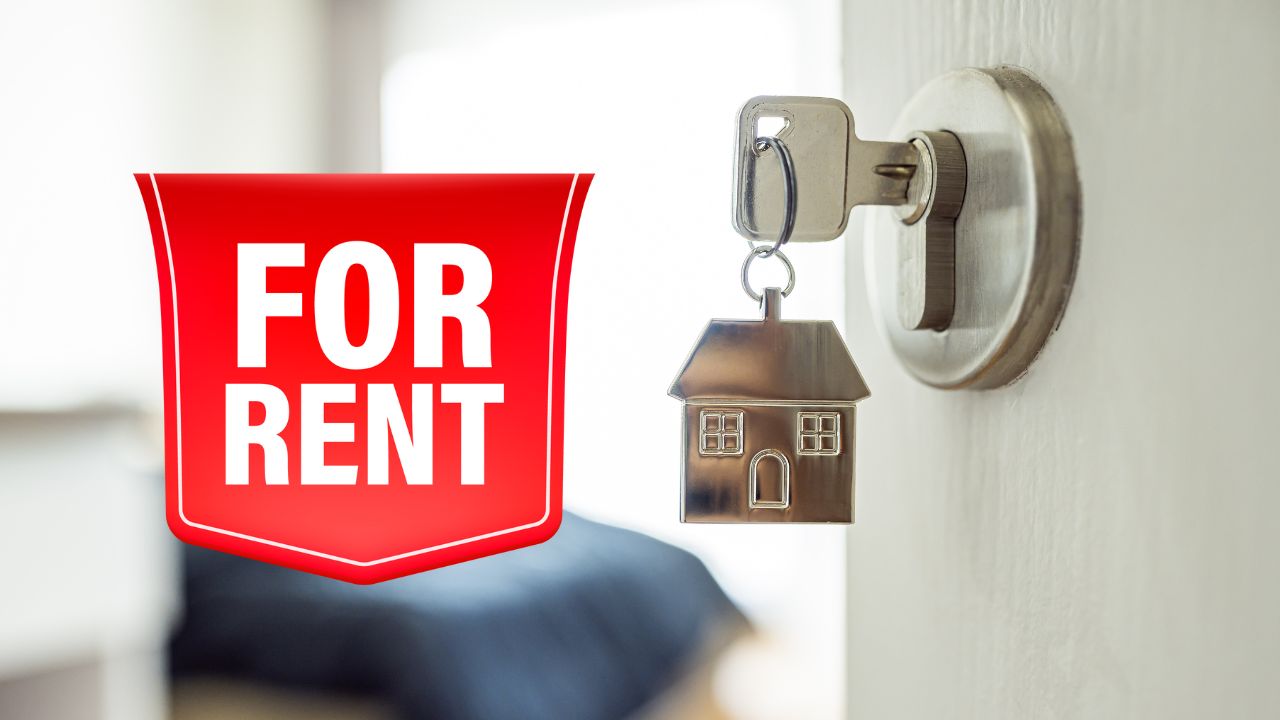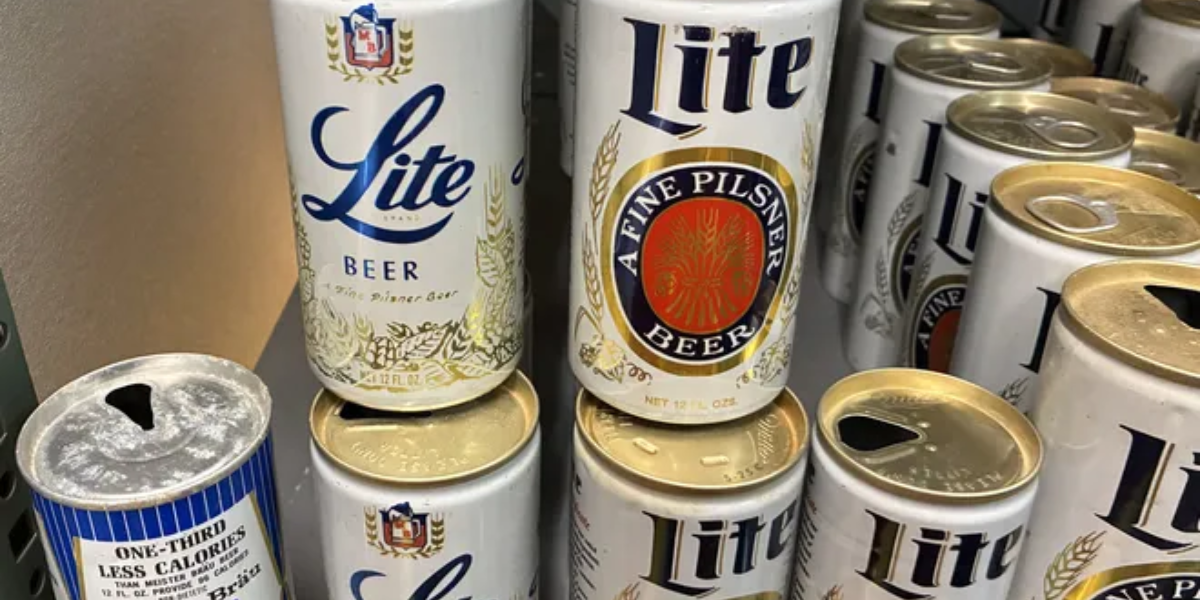SAINT PAUL, MINNESOTA – Renters in Minnesota face an evolving legal landscape in 2025 when it comes to how much their landlords can increase rent.
While the state has no overarching rent control law, certain cities—especially Saint Paul and Minneapolis—are making notable changes, and new statewide tenant protections have reshaped what renters need to know before signing a lease or challenging a hike.
Here’s a breakdown of Minnesota’s rent increase laws in 2025, including timelines, city-specific rules, and your rights as a tenant.
No Statewide Rent Cap, But Notice Is Required
Minnesota law does not impose a statewide limit on how much landlords can raise rent. However, there are clear notification rules that all landlords must follow:
- For rent increases under 10%, a minimum 30-day written notice is required.
- For increases of 10% or more, the landlord must provide 60 days’ written notice.
- Rent can typically only be increased at the end of a lease term, unless your lease explicitly allows for mid-term adjustments.
- On month-to-month leases, the notice period must match one full rental cycle (usually 30 days).
Importantly, rent increases that are retaliatory or discriminatory are illegal. For example, if you recently requested a repair or reported a code violation, your landlord cannot respond by increasing your rent unfairly. These actions are protected under both state and federal fair housing laws.
Local Rent Control in Saint Paul
The city of Saint Paul stands out as the only Minnesota city with active rent stabilization as of 2025. The ordinance limits most annual rent increases to 3%, with the following exceptions:
- Landlords may apply for a reasonable return exemption to raise rent above 3%.
- New construction is exempt from the cap for 20 years.
- A proposed exemption for buildings built after 2004 is still under review.
Saint Paul renters should pay close attention to these exemptions, especially when dealing with newer buildings or corporate-owned complexes.
Minneapolis: Rent Control Still Under Discussion
While Minneapolis voters approved a measure allowing the city council to enact rent control in 2021, no formal ordinance has been implemented as of August 2025. This means renters in Minneapolis are currently governed by the statewide notice rules, not a rent cap. That could change in the near future depending on local legislative action.
Read Also: 10 Affordable Illinois Towns Where You Can Comfortably Retire on Social Security Alone
According to Huron Insider’s full report on Minnesota rent laws in 2025, both Saint Paul and Minneapolis remain closely watched as potential models for regional rent regulations.
New Tenant Protections in 2025
Beyond rent caps and notice periods, Minnesota has enacted a series of important tenant protection laws in 2025. These include:
- Anti-retaliation protections for renters who report violations, organize, or request repairs.
- Legal protections for tenant associations and collective organizing.
- Stricter rules around security deposit deductions and disclosure of pet fees.
- Landlords must now follow fair screening practices, limiting denials based on expunged or old eviction records.
- New construction landlords are required to provide early notice and alternative options to tenants affected by project delays.
- Rules around shared utility billing have been strengthened with new notice and transparency guidelines.
These laws apply statewide and are designed to ensure a more equitable housing environment, particularly in areas where housing demand is high.
What Minnesota Renters Should Do in 2025
If you’re a renter in Minnesota, here’s how you can protect yourself:
- Review your lease carefully: Understand any built-in clauses about rent increases.
- Demand written notice for any rent hike—30 or 60 days depending on the amount.
- Know your local laws, especially if you live in Saint Paul or Minneapolis.
- Report violations to local housing authorities or tenant advocacy organizations.
- Stay informed by regularly checking the Minnesota Attorney General’s Landlord-Tenant Guide, now available online via city portals.
Have you experienced a sudden rent hike or unfair treatment from a landlord? Share your experience and read more renter stories at ibwhsmag.com!


 by
by 

